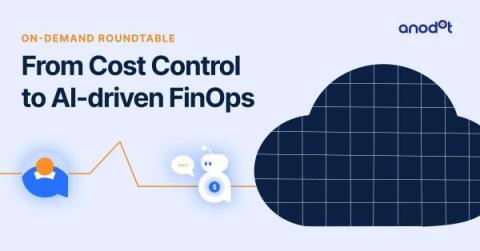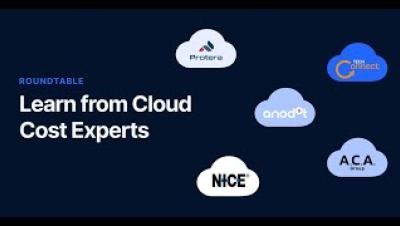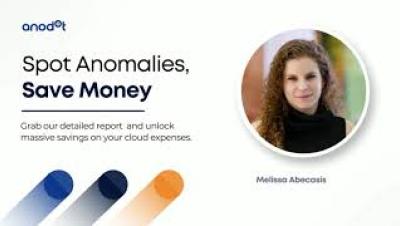The Three FinOps Phases for MVP Success
Your FinOps foundations are down in your company’s cloud (woohoo!), but what comes next? How can you boost your MVP success in the cloud with your FinOps strategy? In this blog post, we’ll briefly dive into the three phases of your FinOps for top-notch implementation from beginning to end. Need a refresher on setting up an MVP FinOps framework for your cloud? In part 1 of our series, we’ll show you how it’s done!






